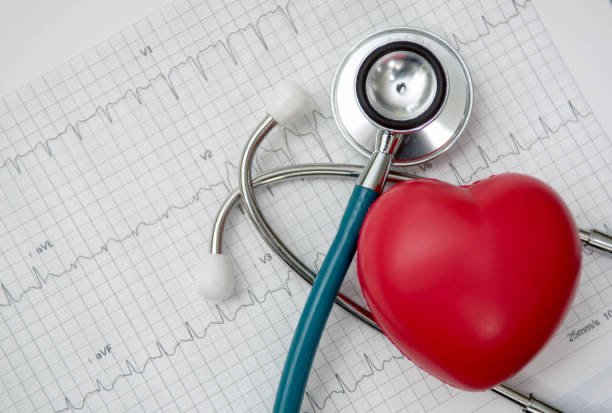The heart needs to beat at a frenetic pace, synchronized with a set of autonomic nervous systems orchestrated to order this beat. And this not only keeps it alive, but also coordinates so that everything works in perfect order.
Suddenly, you’ve been given an unfavorable medical diagnosis about your heart’s health, or you’ve been feeling a certain lack of rhythm in your heartbeats and you think you urgently need tests.
It’s so essential that if it stops for even a minute, a person could die, and any congestion in the path of its pumping into the blood vessels could cause an organ to stop, which is why it’s so often called the master organ.
Just as the body works to ensure that the heart performs well, the heart also gives back by pumping blood full of nutrients, important gases and water. And this two-way street must not fail, so that you don’t have a cardiac arrest, which sometimes, with simple attitudes in life, you can avoid, even if you have a family history.
In addition to treatment, some changes need to take place in your life so that it doesn’t get worse.
The heart’s function in our body
The heart is an organ responsible for exchanging gases from blood without oxygen to blood with oxygen, by means of pumps per minute, which control these exchanges in a coordinated and autonomic manner.
Consequences of a “compromised” heart
The heart has a network of blood vessels connected to where the venous flow (blood without oxygen) exits and enters an arterial flow (blood with oxygen).
If there is any compromise in this system, whether it’s a decrease in flow or a rupture, it can directly affect the heartbeat and therefore its functioning.
Therefore, cardiovascular diseases can arise such as myocardial infarction, obstruction of the coronary arteries, hypertension and cardiomyopathies.
Habits that regulate the heart
- Be relaxed. Try not to worry about the smallest things, such as an unfunny comment about you or gossip that upsets you, take these matters in stride, laugh when you receive this news and avoid raising your blood pressure.

- Reduce stress. Problems in life are inevitable, sometimes a family disagreement or a debt to be paid is fine! It’s normal for most people, but they need to be solved with a cool head and in a rational manner, don’t let emotion speak louder and affect your heart.

- Avoid consuming dangerous substances. Your way out of your problems may be to smoke or drink alcoholic and distilled beverages, but be aware that this won’t make you forget them, but will bring other problems. Myocardial infarction is closely linked to the consumption of drugs and illicit substances, so avoid these highly inflammable fuels for the heart.

- Lead a more sociable life. Try to cultivate good friendships and company. When you feel like you belong to a group or are in the midst of more pleasant people, your heart rate slows down and you feel more energized and willing to live.

Protect yourself from heart disease
It can be concluded that these attitudes help to mitigate the severity of heart disease and also to prevent it, since reaching this state is the result of the sum of various unfavorable attitudes, as well as eating.
Fatty and sugary foods, sleeping poorly and leading a sedentary lifestyle. Finally, genetic factors and other diseases such as diabetes, obesity and dyslipidemia can aggravate or accelerate heart problems.
It’s true that some occasions in life require stress in order to survive and require you to take action to solve a problem. But in these cases, the ideal is to have good emotional control so as not to raise blood pressure and accumulate more damage to the heart.
